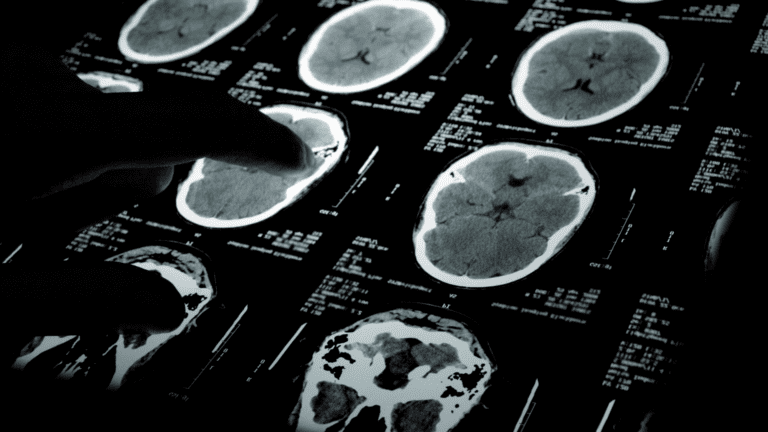A research program in translational medicine launched this year aims to strengthen the integration of clinical and population health research, conducted by PHRI, with the basic research conducted by the Thrombosis and Atherosclerosis Research Institute (TaARI.) Both headquartered in the David Braley Research Institute building in Hamilton, Canada, PHRI and TaARI have long collaborated in various ways.
However, the continuing gap between laboratory bench and patient bedside has led to a new program to formalize and accelerate the bi-directional investigation of findings. In many instances biological pathways identified by TaARI have not been evaluated clinically by PHRI; and most clinical findings emanating from PHRI research have not been mechanistically investigated by TaARI.
To address this gap, the Strategic Translational Research for Vascular Health (STRIVE) program has been launched. it is a unique, integrated basic and clinic research program to address unmet medical needs in our community and beyond.
STRIVE is led by Guillaume Paré, Director of the CRLB-GMEL and Deputy Director of TaARI, and Senior Scientist at PHRI. Paré is supported in the initiative by Hertzel Gerstein, Deputy Director, PHRI, and Jeffrey Weitz, Director, TaARI.
The overarching aim is to identify new mechanisms for disease causation, disease targets and to create novel diagnostic, preventive and therapeutic strategies through scientific collaborations between PHRI and TaARI.

Guillaume Pare (centre) leads the translational research program, supported by Jeffrey Weitz and Hertzel Gerstein.
Translational research activities the program will support
-
- A gene or biomarker identified in clinical studies will be tested in cell-based or animal studies to discover its mechanism of action and ultimately, to identify potential interventions. Although the genetics program at PHRI has already identified many such genes and biomarkers, the functions of these remain largely unknown.
- Disease pathways identified and characterized by TaARI investigators will be clinically evaluated in PHRI-led studies. This could be done through development of blood biomarkers that can be readily tested using the large number of urine, blood and genetic samples diligently collected over two decades and linked to a range on outcomes in more than 100,000 individuals.
- Studies of HHS patients with unusual clinical presentations. Collection of biological specimens enable testing pathophysiological hypotheses using laboratory and model systems. Patients suffering from similar conditions can be identified in clinical databases and/or through investigation of stored samples.
- A clinical trial demonstrates that a particular therapy improves clinical outcomes.
Stay tuned for more information in the months ahead on this exciting translational research program!



